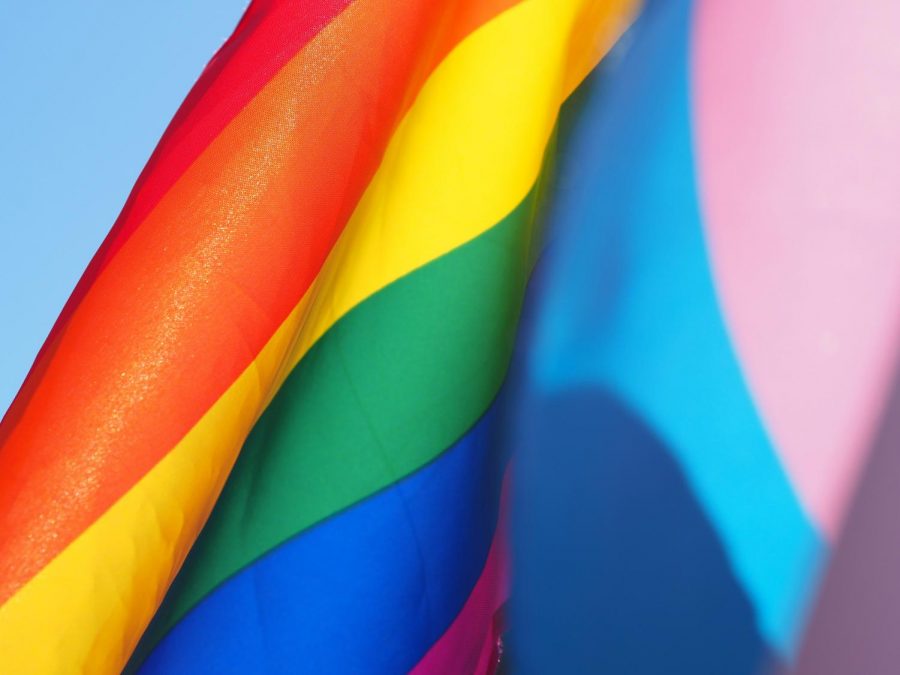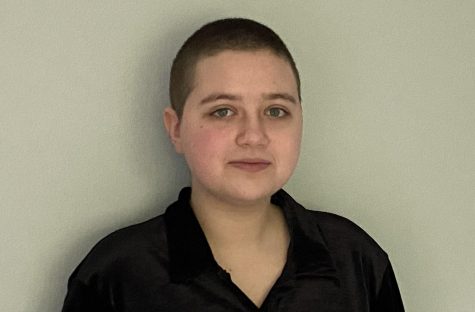Call Your Representatives: The Importance of the Rainbow Wave
In order for American democracy to be truly representative, it must have a voice for everyone.
In recent years, record numbers of LGBTQ+ officials have been elected to public office in the United States. This “rainbow wave” marks a huge achievement for the LGBTQ+ community.
March 12, 2021
America may have been founded on an idea of freedom and equality, but it has a long way to go before it reaches that goal. Marginalized groups have long been excluded from elected positions, both due to discriminatory laws and to community prejudices. The LGBTQ+ community is among those groups; the first openly gay elected official, Kathy Kozachenko, was not elected until 1974. And while Harvey Milk’s 1977 election to the San Francisco Board of Supervisors made national news, it was still incredibly dangerous and often career-ending for politicians to be open about their identities. For the most part, LGBTQ+ voices within the government have been a small, slow-growing group.
Luckily for the LGBTQ+ community, the 2020 elections brought more than a change in administration. According to the LGBTQ Victory Fund, 222 of the 574 estimated candidates running for office in 2020 won their general elections. NBC News reports that in the 2018 midterms, the organization saw 244 candidates win their general elections, out of approximately 432 total. This electoral trend, known colloquially as the “rainbow wave,” represents a growing movement towards representative diversity in government.
The “rainbow wave” saw a lot of legislative firsts. Representative Mondaire Jones and Representative Ritchie Torres share the title of first openly gay Black candidate elected to Congress. Sarah McBride was elected to the Delaware State Senate, making her the first transgender state senator in the country and the highest-ranking transgender official in U.S. history. And Mauree Turner won their Oklahoma State House election, becoming the first openly nonbinary person elected to a state legislature in the U.S.
All of these officials, and the 200+ others elected in the last year, are crucial. If we as Americans truly want to have a “more perfect union,” we need to have a voice for everyone within the government. And someday, hopefully not too far from now, there will come a day where LGBTQ+ Americans can call their representatives (and their senators, and their school board members, and anyone else with a voice in the government) and know that they, too, have someone speaking up for them.



